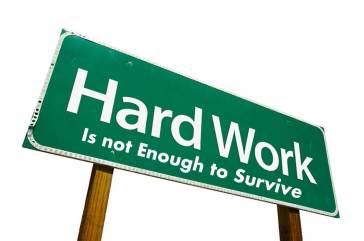Internal conflict, otherwise referred to as ‘Person vs Self’ and ‘Man vs Self’ is a term used most often in literature to describe the struggles that take place within a character’s mind. Dictionary provides a second definition of internal conflict as a mental struggle stemming from opposing wants and/or needs.
As highly intellectual beings, humans frequently have to make difficult decisions that prompt conflicting feelings and thoughts. From smaller issues such as whether to have something tasty or healthy for breakfast to much larger ones such as deciding whether we should devote ourselves to our careers or to our personal relationships. Internal conflict can have many aspects – emotional, intellectual, moral that we as people can all relate to. But is it possible to avoid it?
In this video Person vs Self conflict has been described as occurring when physical limitations and ideas of right and wrong exist and most importantly with the existence of the soul. An immediate conclusion can be thus made that internal conflict is a completely natural part of living as a person. A human’s complicated nature serves for many questions and issues to come up during his or her personal development.
And it’s not just about who, but also about why. Why does a person react to particular events the way she/he does? Why does she/he navigate her surroundings that way? In this sense, internal conflict can be used to 1) understand a person’s deepest motivations and 2) to later see how the person’s actions differ from their intentions.
Yet since internal conflict is just that – internal – no one other than the person experiencing it rarely truly understands it or sees it for what it really is. Something that personal can perhaps be best utilized as a means for the individual to get to know their true self. And to know oneself is probably the most important thing in a person’s life. It is the key to an individual utilising their strengths and consequently making his or her circumstances work in his/her favour.
Following this train of thought, Person vs Self has the capacity to be Person-Finds-Self and Person-Helps-Self.
Your internal conflict could be your blessing even when it feels hard or impossible to resolve.
– Maria Tsaneva
What is your opinion on internal conflict? How do you believe it can best be used?







